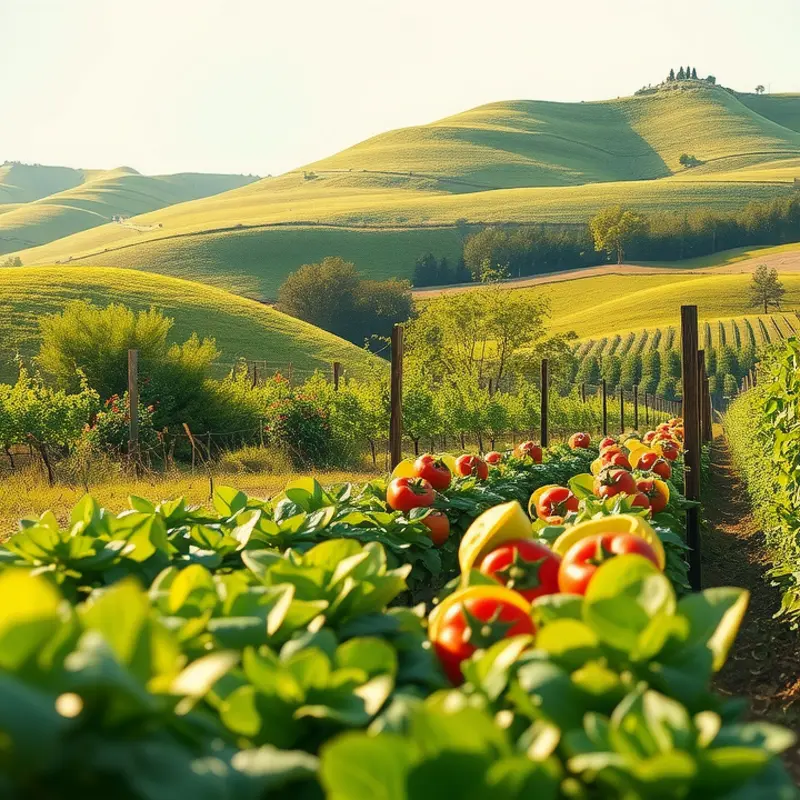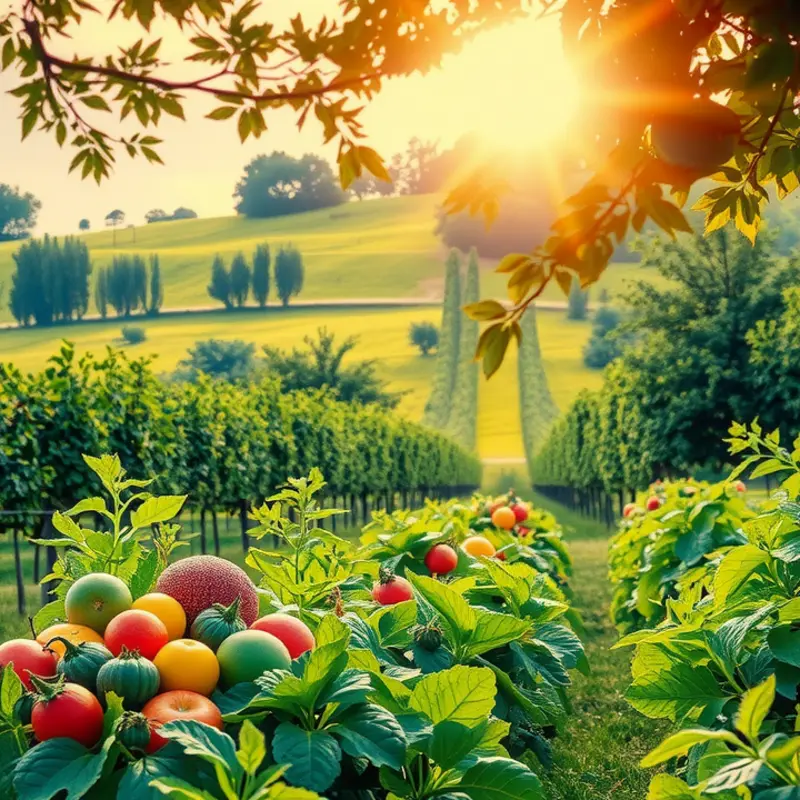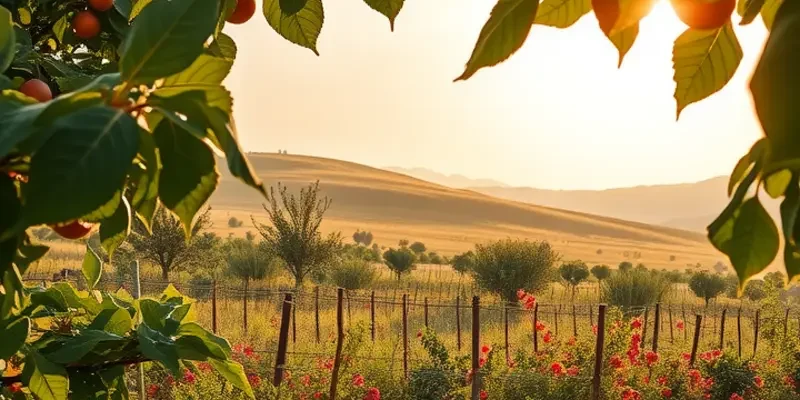As more individuals seek to minimize their ecological footprint, the importance of responsible beverage packaging cannot be overstated. By understanding and prioritizing eco-friendly choices, we can play a crucial role in preserving our planet. This guide will explore the world of sustainable packaging options for beverages, helping you make informed decisions that contribute to a healthier environment. Let’s dive into the practical solutions available that can transform your choices from mere consumption to conscious stewardship.
Identifying Eco-Friendly Materials

Embarking on the path toward sustainable beverage packaging begins with an understanding of the materials at your disposal. These commonly include biodegradable, recyclable, and compostable options, each with unique attributes that influence their environmental impact.
Biodegradable materials are designed to break down naturally over time. They decompose into water, carbon dioxide, and biomass without leaving harmful residues. While they offer sustainability advantages, the rate and completeness of degradation can be affected by environmental factors. Notably, these materials won’t break down in a landfill where oxygen is limited. Thus, selecting biodegradable packaging requires a clear plan for proper disposal and degradation.
Recyclable materials, such as glass and aluminum, hold prominence due to their ability to re-enter the production cycle with minimal quality loss. Glass boasts infinite recyclability, meaning it can be recycled repeatedly without degradation. However, the heavy weight of glass increases transportation emissions. Aluminum, another excellent recycling candidate, is lightweight and significantly reduces its carbon footprint upon recycling, saving up to 95% of the energy required to produce new aluminum from raw materials.
Conversely, compostable materials are intended to decompose in composting conditions. These materials contribute valuable nutrients back into the soil but necessitate industrial composting facilities for effective decomposition. Plant-based plastics, lauded for reducing reliance on fossil fuels, belong to this category. However, their benefit hinges on appropriate composting infrastructure, which is not universally available.
Navigating these options requires consideration of not just the materials’ eco-friendly credentials but also their life cycle impacts. The carbon footprint of each option varies significantly through its production, transport, and end-of-life processes. Balancing these factors is key in making informed sustainable choices.
An understanding of these materials equips you to critically assess and choose beverage packaging that aligns with ecological goals. For those eager to integrate sustainable practices into broader lifestyle changes, exploring topics like eco-smart kitchen storage can offer further insights into reducing environmental impacts across various aspects of daily living. By becoming knowledgeable about these eco-friendly materials, a significant stride can be made toward responsible consumption and a healthier planet.
Making Conscious Brand Choices

Choosing beverages from brands committed to sustainability can significantly reduce your environmental impact. Start by investigating companies that prioritize eco-friendly practices. It’s essential to delve into their business philosophies and production processes to ensure they align with sustainable values.
Research is your best tool. Look for certifications from recognized organizations that vouch for a brand’s commitment to the planet. Certifications such as Fair Trade or USDA Organic guarantee that products meet certain environmental and ethical standards. These marks assure consumers that fair labor practices and environmentally sound growing methods are in place.
Brands that use recycled materials or prioritize renewable resources in their packaging help reduce their ecological footprint. By choosing these companies, you contribute to reshaping industry norms. This not only aids the environment but also signals to the market that eco-friendly practices are a priority for consumers.
Support local brands that choose sustainable packaging options. Purchasing locally reduces transportation emissions and fosters economic growth within your community. It also allows for a unique transparency and engagement that isn’t always possible with larger, international brands.
Transparency is key. Brands that freely share information about their sourcing, manufacturing processes, and environmental impact are generally more trustworthy. These companies often engage in third-party audits and publish sustainability reports, making it easier for consumers to understand their practices and verify claims.
Aligning your purchasing decisions with brands that champion sustainability doesn’t just enhance beverage experiences; it integrates mindful consumerism into everyday life. By making educated choices, you can actively participate in the global movement towards sustainable consumption.
For additional tips on reducing waste in the kitchen, consider visiting this guide on eco-smart kitchen storage. This not only complements your beverage choices but also extends your environmental mindfulness to other areas of your home.
Final words
Each conscious choice you make regarding beverage packaging matters in our shared quest for a sustainable future. By familiarizing yourself with environmentally friendly materials and championing brands committed to eco-friendly practices, you play a vital role in reducing waste and encouraging corporate responsibility. Remember, even small changes in our everyday purchasing decisions can create significant shifts in the market. Take pride in leading by example and inspiring others to adopt mindful consumption habits. Together, we can cultivate healthier communities and a more vibrant planet.








